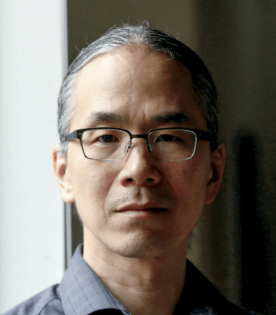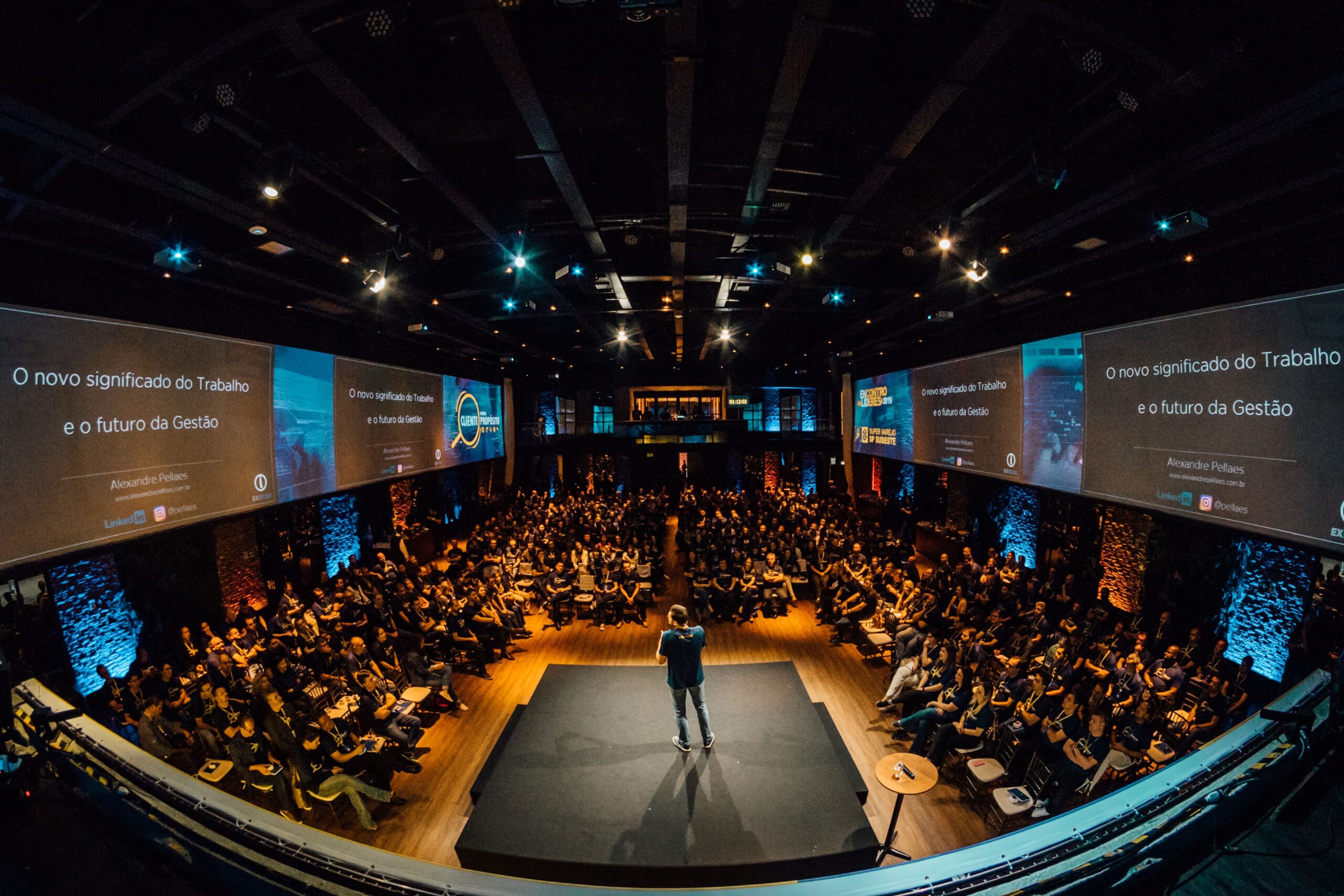
Leading in the industry
Meet
TED CHIANG
Chiang has emerged as a leading voice in critiquing artificial intelligence and the corporate structures driving its development.

Achievements
Ted Chiang: Science Fiction’s Master Storyteller and AI Critic
Ted Chiang is widely regarded as the preeminent living science fiction author. Known for his intricately crafted short stories, Chiang explores profound questions about humanity and science. His work delves into speculative scenarios like hormone injections that amplify cognitive abilities, the impact of learning an alien language on time perception, and the ethical responsibilities tied to creating artificial life. Each story blends intellectual rigor with emotional depth, offering readers not just entertainment but a lens to examine the complexities of their own lives.
A New Role as an AI Critic
In recent years, Chiang, 56, has emerged as a leading voice in critiquing artificial intelligence and the corporate structures driving its development. Through essays in The New Yorker, he has dissected the promises and pitfalls of AI with sharp analysis. In one widely discussed piece, he likened ChatGPT to “a blurry jpeg of the web,” arguing that its fluency stems from the same mechanism that prevents it from reliably discerning truth from fiction. In another essay, he scrutinized the socioeconomic implications of AI, warning that without systemic change, advancements in technology risk entrenching inequality, diminishing worker rights, and bolstering oligarchic power. “What does progress even mean, if it doesn’t include better lives for people who work?” Chiang wrote, challenging the notion that efficiency alone constitutes meaningful advancement.
Precision in Language and Metaphor
Chiang’s stories are notable for their economy of language, where every word is intentional, and this precision extends to his discussions on AI. In an August interview, he highlighted the importance of choosing metaphors carefully when describing emerging technologies. He takes issue with terms like “hallucination” to describe AI errors, arguing that it wrongly suggests a level of sensory experience or consciousness. Instead, he prefers “confabulation,” a term that captures the unconscious fabrication of information to fill memory gaps. This distinction, Chiang believes, better reflects how large language models function. “Can we stop LLMs from confabulating while still having them generate factual responses?” he asks. “I’m skeptical, because I don’t think that there are fundamentally different processes at work.”
Science Fiction’s Role in the AI Discourse
Chiang’s fiction often grapples with the idea of artificial beings possessing consciousness, a device that illuminates what it means to be human. However, he recognizes that this trope might inadvertently contribute to misconceptions about AI, encouraging people to ascribe sentience to systems that lack it. Unlike sentient AI, today’s tools captivate us with language while operating without executive function—a dynamic with few parallels in popular culture. When asked if science fiction has a role in demystifying AI, Chiang is cautious. “All art is political and can promote positive political ideas,” he says, “but I don’t want to say science fiction should have any other priorities beyond being good art.”
Bridging Fiction and Reality
Chiang resists the notion of having moral authority in AI debates, but he sees overlaps between speculative AI narratives and science fiction. He points to the idea of a self-improving superintelligent computer as an engaging story concept but is skeptical of its feasibility. “To hear people talk about it as if it’s something that is actually going to happen, that’s just jarring,” he says. Through both fiction and nonfiction, Chiang continues to offer a nuanced perspective, bridging imaginative storytelling with incisive analysis of our technological future.
Want to nominate yourself or others for the LeadBoard?
